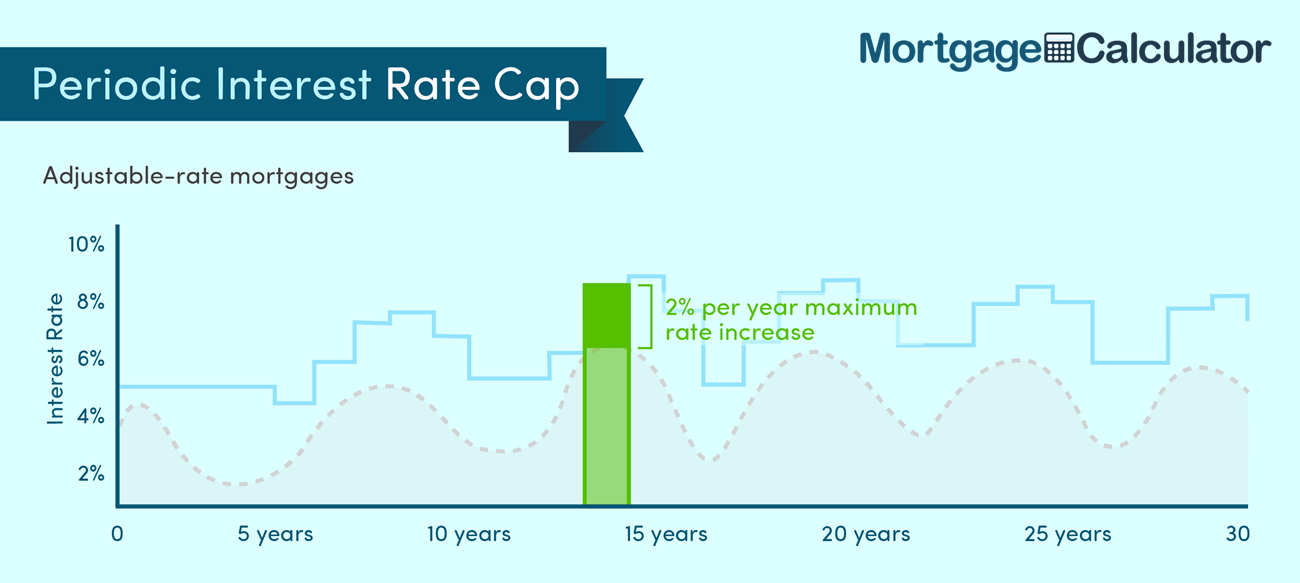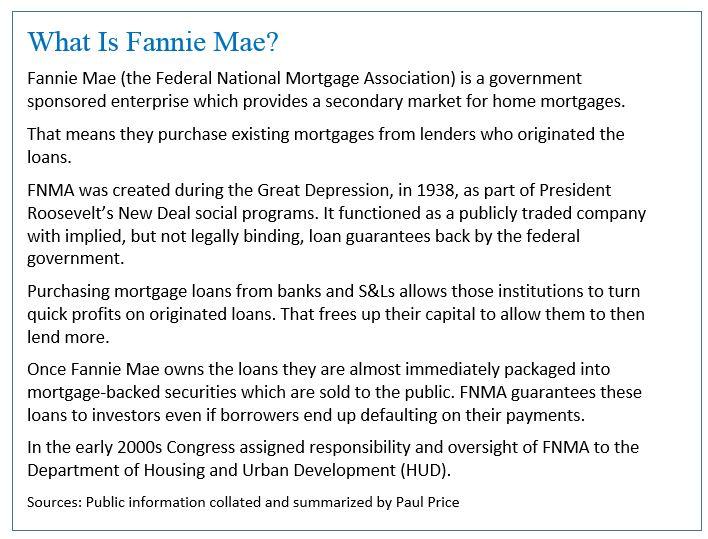Nevertheless, when it pertains to saving up for your down payment, you shouldn't necessarily aim for average. The quantity you'll require is going to depend upon multiple aspects like: Your debt-to-income (DTI) ratio Your credit rating The mortgage loan type you pick Your lending institution's particular requirements What grants and resources you can get (for first-time house buyers) Your DTI is the amount of your gross earnings that goes toward paying on any financial obligation you're holding.
Making a higher deposit might help your case due to the fact that you will not need to borrow as much cash to buy your home, making your monthly payments more manageable. Your credit rating can have a huge influence on how much you need to put down. If you have stellar credit, a lender will be more most likely to accept a lower deposit since you have actually shown financial responsibility.
Beyond your individual financial scenario, the type of mortgage that you get will affect your required deposit (see the next area for more details). In addition, the specific lending institution that you deal with might have its own guidelines regarding deposits, so you'll need to ask. Because saving up for a deposit can be a significant barrier to homeownership for many, there are grants offered to assist cover the cost as well as other closing expenses.
Things about How Many Mortgages Can One Person Have
When it pertains to adulting, you remain in the big leagues now. You're officially looking to buy your own house. As a newbie homebuyer, it's natural to be careful of the process and composing out that enormous look for your down payment is scary enough to make your hand shake. So timeshare release we're debunking the ins and outs of the deposit so you can tackle this major purchase with confidence.
You'll usually see the down payment referenced as a portion of the list prices. For circumstances, a 20 percent deposit on a $300,000 house is equivalent to $60,000 down. If you are, like the majority of people, paying less than 100 percent of the house's rate out of your own pocket, you'll need to borrow the balance of the purchase rate from a loan provider in the kind of a home loan.

With that level of equity, you provide yourself as economically stable enough to be a severe purchaser to both house sellers and home mortgage lenders. If you put down less than 20 percent, your lending institution may need you to pay private home loan insurance coverage, also referred to as PMI, which would be tacked onto your regular monthly home http://simonsise798.over-blog.com/2021/03/things-about-why-do-mortgage-companies-sell-mortgages-to-other-banks.html loan payment.
The Definitive Guide to Which Of The Following Statements Is True Regarding Home Mortgages?
Each home loan business has its own set of requirements when it concerns the size of your deposit, your credit rating, your possessions and more. Some types of home loans, such as those backed by the Federal Real Estate Authority (FHA), will take smaller deposits, so be sure to search to discover the very best mortgage marriott timeshare resales terms for which you qualify.
Instead, you'll likely end up paying it in 2 installments first as an "earnest money" payment when you sign the purchase contract, and a last payment at the closing. The amount that's paid in advance in earnest cash is an information you'll define ahead of time in the purchase contact. Purchasing an existing home? Anticipate to spend 1 percent to 3 percent of the purchase rate in earnest cash.
It does not go into the pocket of the seller straightaway. Instead, you put that cash directly into escrow. An escrow business or officer is a neutral 3rd party who keeps the payments you make up until the deal is finalized. Then, that entity distributes the cash to the seller and to everyone else who's owed a piece.
The Ultimate Guide To What Is The Current Interest Rate For Home Mortgages
Consult your agent to learn how and where your payments are being held - what is the interest rates on mortgages. In some cases, even after you and the seller sign a contract, the deal breaks down before closing, and you have actually still got cash on the line. Your ability to recover your down payment and other payments depends on your local laws, your agreement terms and the reason the sale died.
But you might have the ability to get it back if The seller decides to take the home off the market. You can't get a mortgage that will enable you to buy the property. A structure examination shows up a major concern you didn't learn about. You change your mind about the sale within a pre-determined period.
And your realty agent and lender can provide additional insight into the realty laws governing your area. If you're conserving to buy a home, keep this in mind: A deposit isn't the only cash you'll need to pony up throughout the procedure - how do down payments work on mortgages. Along the way, you may need to cover some in advance expenses for processing your mortgage application, employing a house inspector and more.
The Best Strategy To Use For What Do Mortgages Lenders Look At
An experienced agent or an online calculator can provide you with a quote of what those expenses will total. So make sure you include that amount alongside your deposit in determining your savings goal.
By clicking "See Rates", you'll be directed to our supreme parent business, LendingTree. Based upon your creditworthiness, you may be matched with up to 5 different lenders. A deposit on a home is the up-front payment a house buyer must supply in order to protect the amount that is borrowed.
These requirements and costs will differ depending on your credit report, home loan type, and home value. To help you comprehend the expenses of purchasing a home, we have actually explained how home mortgage deposits work. For home loans supplied by banks and cooperative credit union, referred to as "traditional loans," government standards need a deposit of a minimum of 3% of a home's purchase expense.
How Who Has The Best Interest Rates For Mortgages can Save You Time, Stress, and Money.
Residences that cost more than the legal adhering limitation on home loans a figure normally around $424,100 are known as "jumbo loans" and include more stringent qualifying requirements, including greater deposits. Government backed FHA loans require deposits of 3. 5%, while VA loans for veterans have no down payment requirements.
5% if FICO rating > 580 10% if FICO rating < 580 Borrowers seeking a low down payment Customers with poor credit scores VA MortgageGovernment0% Veterans and their partners For both FHA and conventional loans, bigger deposits will enable lower month-to-month costs. The crucial difference in between the 2 kinds of mortgages focuses on the problem of mortgage insurance coverage.
Standard home mortgages are not backed by the federal government, and they require you to pay for private insurance coverage to cover the cost of default. Nevertheless, traditional lending institutions waive insurance fees if down payments surpass 20%, and enable you to stop paying mortgage insurance once 20% of your home mortgage balance is paid for - what are today's interest rates on mortgages.
The Facts About What Is The Truth About Reverse Mortgages Uncovered
The size of your mortgage deposit impacts your loan amount, interest payments and mortgage insurance costs. A larger down payment suggests that you'll have to take a bigger chunk out of your savings, but will allow you to secure a smaller loan quantity leading to lower general costs.
